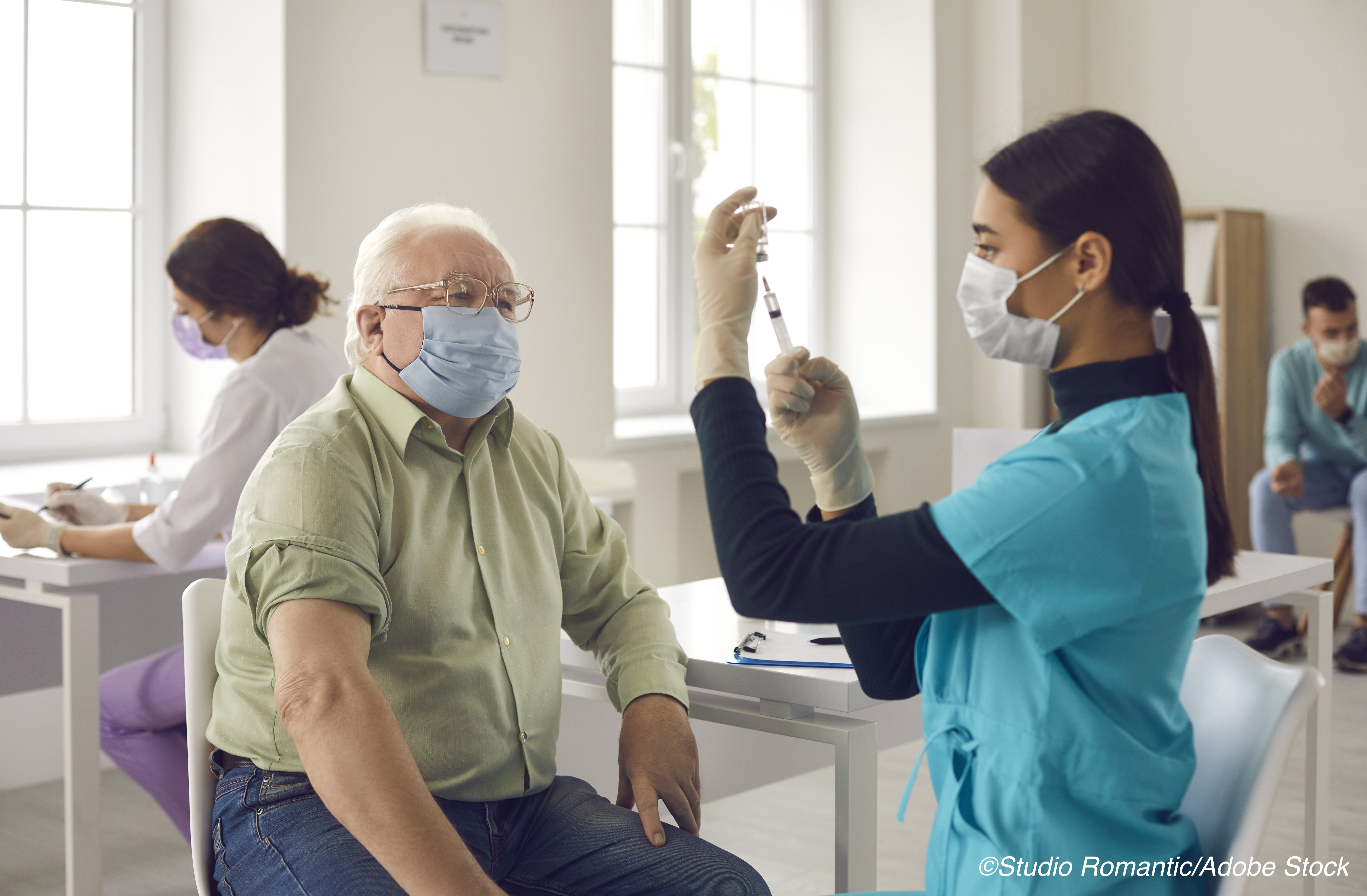
From September to December 2020, the number of U.S. adults willing to receive a Covid-19 vaccine saw a substantial increase; however, more effort is necessary to increase vaccine confidence among disadvantaged groups, according to a report in the CDC’s Morbidity and Mortality Weekly Report.
National polls conducted before the Pfizer and Moderna Covid-19 vaccines began rolling out suggested that many people in the U.S. were hesitant to get vaccinated. In order to assess the public’s intent to be vaccinated, the CDC conducted household panel surveys in September and December 2o20 among a representative sample of U.S. adults, Kimberly H. Nguyen, DrPH, and colleagues from the CDC explained in their report.
“From September to December, the proportion of adults reporting intent to receive Covid-19 vaccine as absolutely certain or very likely increased significantly by 9.7 percentage points (from 39.4% to 49.1%), and the proportion reporting nonintent decreased by 6.0 percentage points (from 38.1% to 32.1%). Among priority groups, intent increased by 17.1 percentage points among adults aged ≥65 years (from 49.1% to 66.2%), by 8.8 percentage points among essential workers (from 37.1% to 45.9%), and by 5.3 percentage points among adults aged 18–64 years with underlying medical conditions (from 36.5% to 41.8%),” Nguyen and colleagues found.
Notably, while vaccination nonintent decreased across most socioeconomic groups from September to December, it was still markedly higher among Black respondents (September, 56.1%; December, 46.5%) compared with other racial/ethnic groups. Nonintent was also higher among adults with lower educational attainment and lower income compared to other groups, and nonintent was highest among individuals without health insurance (44.5%) compared with those who had private health insurance (30.7%) and public health insurance (29.6%).
And, they added, despite overall increases, only about half of individuals ages 18-64 years surveyed in December said they were very likely to get vaccinated, “even among those who were essential workers and persons [ages] 18-64 years with underlying medical conditions,” Nguyen and colleagues added.
“Among adults in the December surveys who did not intend to get vaccinated, the main reasons most frequently cited were concerns about side effects and safety of the Covid-19 vaccine (29.8%), planning to wait to see if the vaccine is safe and consider receiving it later (14.5%), lack of trust in the government (12.5%), and concern that Covid-19 vaccines were developed too quickly (10.4%),” they wrote. “A larger percentage of the December survey participants than September participants reported safety concerns as a main reason (29.8% versus 23.4%), and a smaller percentage reported concern that vaccines were developed too quickly (10.4% versus 21.6%).”
Nguyen and colleagues stressed the importance of promoting vaccine confidence by “tailoring information to address concerns of individual persons and communities” in order to ensure that vaccination rates reach sufficient numbers to turn the pandemic around.
“Health care providers are known to be a trusted source of information about vaccines for many persons and can use CDC-recommended guidance to have effective conversations with patients about the need for vaccination,” they wrote. “Ensuring high and equitable vaccination coverage in all populations is critical to preventing the spread of Covid-19 and bringing an end to the pandemic.”
John McKenna, Associate Editor, BreakingMED™
Cat ID: 31
Topic ID: 79,31,730,933,31,926,192,561,927,925,934


